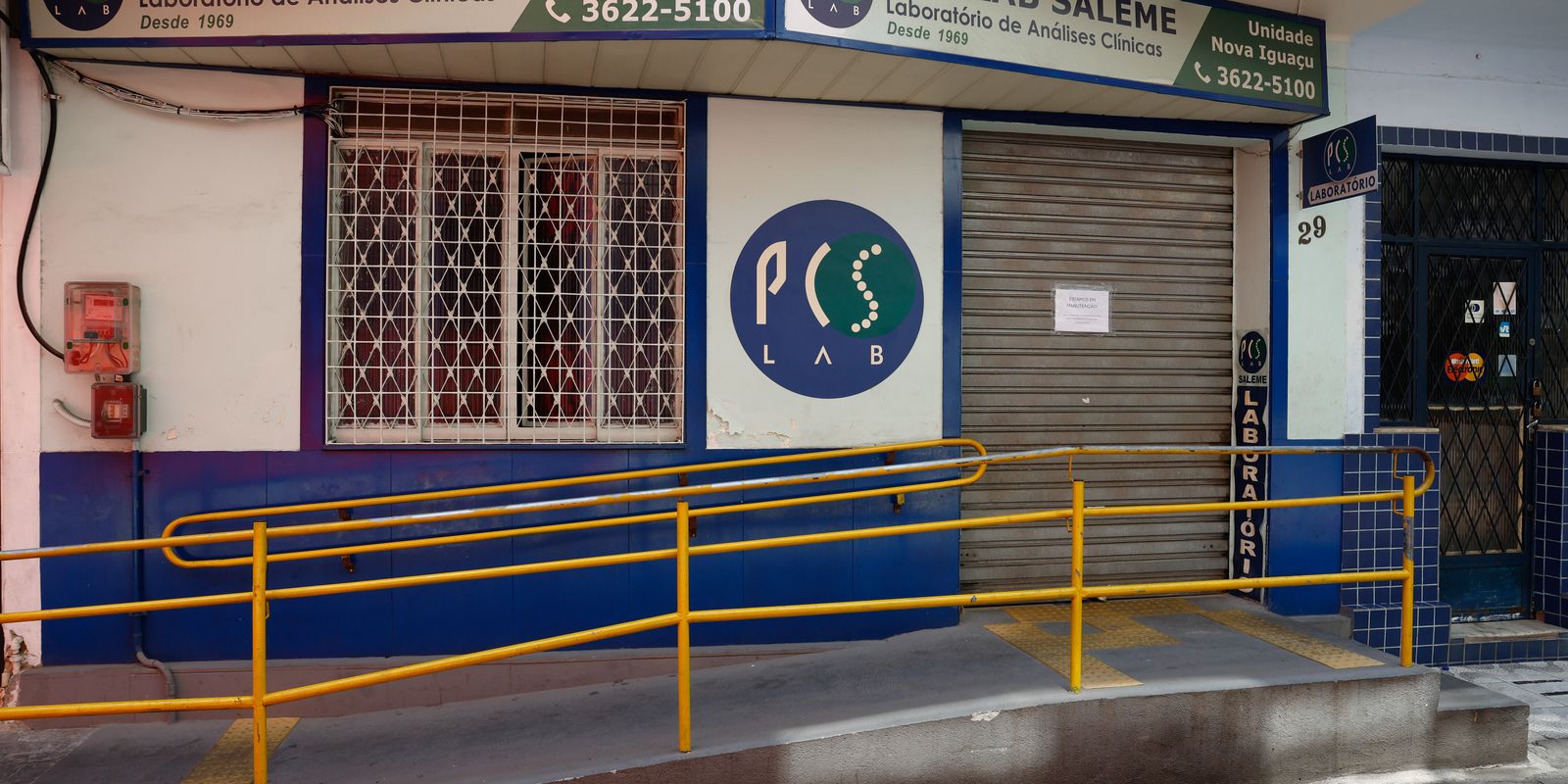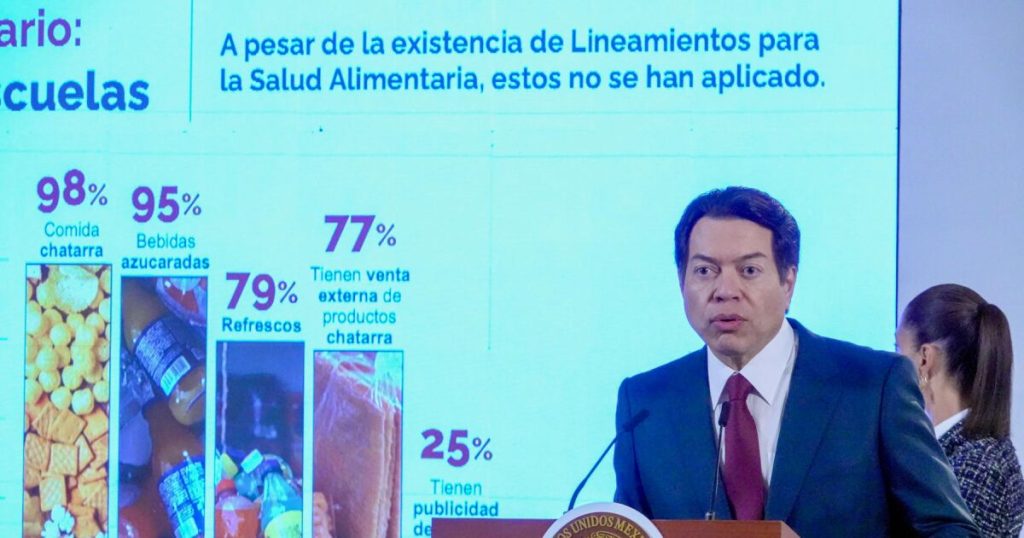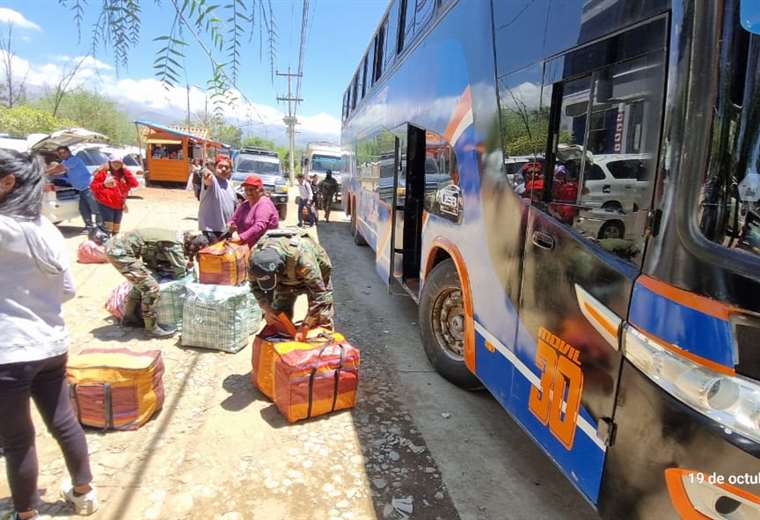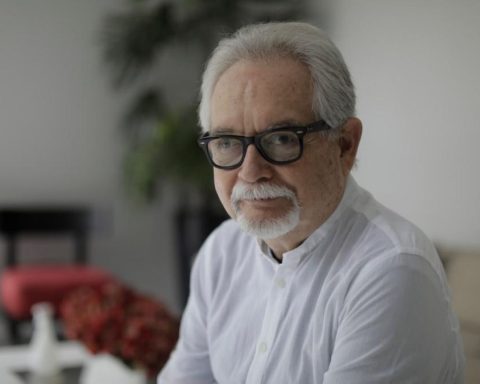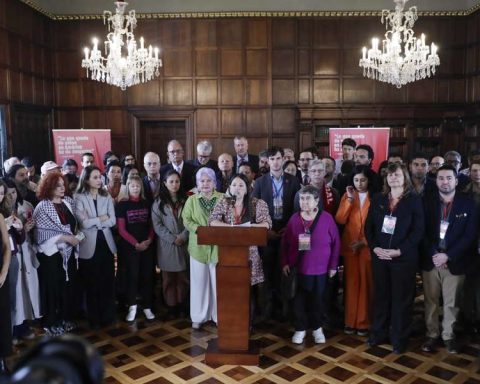Preliminary analyzes by the Arthur de Siqueira Cavalcanti State Institute of Hematology (Hemorio), which re-evaluated tests initially carried out by the PCS Saleme Laboratory, did not find HIV infections in the samples. In total, exams from 288 donors were subjected to new analysis. In a statement, the State Department of Health informed that, despite this, Hemorio will carry out another battery of tests due to the seriousness of the situation.
“Hemorio informs that preliminary analyzes found that there was no longer any blood sample from an organ donor infected with HIV. However, considering the enormous relevance of the case and the rigor that the process requires, the unit’s management decided to carry out a second battery of tests with each of the samples so that there are no doubts whatsoever”, says the SES note.
According to the secretariat, definitive reports will be issued at the end of this stage of analysis, which is still ongoing. The donor samples were evaluated by the PCS Saleme laboratory, a private unit located in Nova Iguaçu, Baixada Fluminense. Six patients, who were transplanted in the Unified Health System (SUS) in Rio de Janeiro, contracted HIV because they received organs from patients infected with the virus, which was not noticed in laboratory tests.
Investigations
Since the cases were confirmed, the case has been investigated by the Rio Civil Police and the Federal Police. The National Health Surveillance Agency (Anvisa) and the Ministry of Health also opened investigations to identify and hold those responsible for the contamination responsible.
This Sunday (20), the Civil Police arrested, in the second phase of Operation Verum, Adriana Vargas dos Anjos, technical coordinator of the PCS Saleme Laboratory, suspected of involvement in issuing erroneous reports by the institution, hired through a tender by the Health Foundation in December 2023, to support the transplant program.
According to a note from the State Police Secretariat, the operation, which had the participation of civil police officers from the Consumer Police Station (Decon) and support from the General Department of Specialized Police (DGPE), served to execute eight search warrants and seizure and to “strengthen the ongoing investigation”.
Investigations by the Consumer Police indicate that the laboratory’s decision to reduce costs resulted in an operational failure in the quality control applied to the tests. Sample analyzes that were carried out daily became weekly.
In the first phase of the operation, four people were arrested: doctor Walter Ferreira, partner at the PCS Lab Saleme laboratory, and employees Jacqueline Iris Bacellar de Assis, Cleber de Oliveira Santos and Ivanildo Ferreira dos Santos, who had their temporary detention maintained by the courts from Rio.
In addition to investigating what happened and who is to blame, the laboratory’s hiring process is being investigated by a task force set up by the state government.
Transplant System
The Ministry of Health highlighted that the National Transplant System (SNT) is recognized as one of the most transparent, safe and consolidated in the world. “There are strict standards that aim to protect both donors and recipients, ensuring that transplants carried out in the country maintain a high level of reliability”, says the note.
Data from the ministry show that, guaranteed to the entire population through the SUS, the SNT is responsible for financing around 88% of transplants in the country.
Contamination
Signed by the PCS Lab Saleme laboratory, the reports from two donors did not indicate HIV infection before the organs were destined for transplants in the state of Rio de Janeiro. During testing, they were considered negative, but in fact, they were positive for the virus. As a result, six patients were infected with HIV during the transplant process.
With the release of these results, PCS Lab Saleme was closed by the state Health Surveillance until the investigations were completed, and new sample tests began to be carried out by Hemorio. Considered serious by the State Department of Health (SES) and the Ministry of Health, the case is unprecedented.
